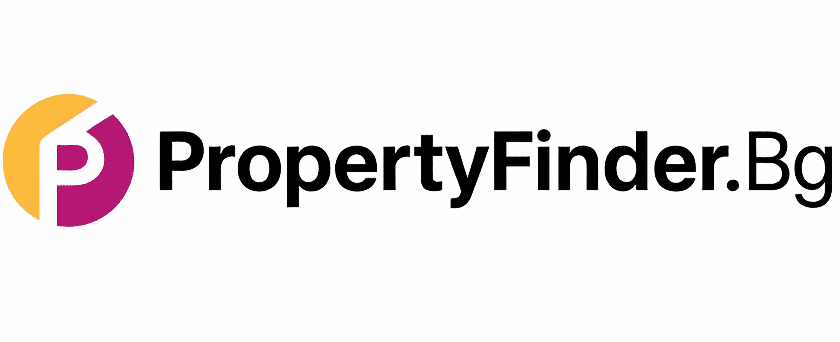Content
Finding a good tenant is much more than just filling a vacant property; it’s a fundamental step in protecting your investment and ensuring a stable, predictable income. As an international investor, you are aware that the right tenant means peace of mind, while the wrong one can lead to financial losses, legal complications and significant stress. This process should not be left to chance. It requires a systematic approach that balances marketing skills, meticulous due diligence and legal precision.
In this article, we will guide you through every important step – from preparing the property and creating an irresistible listing to conducting effective interviews and finalizing the contract. Our goal is to give you the knowledge and confidence to make informed decisions that will protect your assets in the long term.
Preparation and marketing of the property
Before you even think about searching for candidates, it’s essential to set the “stage.” Quality tenants have choices and are attracted to properties that are well maintained and professionally presented. This initial phase is an investment that pays for itself many times over.
Get the property in perfect shape
The first impression is decisive. An immaculately clean and well-maintained property not only attracts more serious applicants, but also sets the standard for how you expect the property to be managed.
- Basic cleaning: professional cleaning is a must. Pay attention to details such as windows, bathroom and kitchen joints, and appliances.
- Minor repairs: fix dripping taps, broken sockets, squeaky doors or any other minor faults.
- Refresh: A new coat of paint in neutral colours can do wonders for the look of a home, making it brighter and more spacious.
Set a competitive rental price
Pricing is a delicate balance. Too high a price will scare off potential tenants and lead to a long period where the property is empty and generating losses. Too low a price in turn means you are leaving money on the table and may attract less desirable candidates.
- Market research: look at listings for similar properties in your area. Analyze their size, condition, location and amenities offered.
- Use data: institutional sources such as Eurostat provide rental growth data that can guide you on market trends. For example, the last year has seen moderate rental price growth in most European capitals.
- Be flexible: If there is no interest in your listing within the first two weeks, be prepared to adjust the price slightly.
Create an attractive and honest advert
Your advert is your main marketing tool. It should be both attractive and completely honest.
- High quality photos: invest in professional photos or take your own in good natural lighting. Show each room as well as the common areas of the building and the view if it is an asset.
- Detailed Description: Describe the square footage, layout, condition of the property, availability of furniture and appliances. Mention advantages such as proximity to metro station, park, schools or shopping centers.
- Clear terms: state the rental price, the amount of the deposit and whether there are additional charges. Be clear about your pet and smoking policy.
Selection process and legal aspects
Once you have received applications, the most critical phase begins – the screening process. Here, your goal is to filter the candidates and select the one who offers the greatest security and reliability.
How to conduct an effective interview with a potential good tenant
The interview (or viewing) is your opportunity to meet the candidates in person. Ask open-ended questions that give you insight into their situation and credibility.
- “Why are you moving from your current residence?”
- “How long have you been working at your current job?”
- “How many people will live in the property?”
- “Do you have references from a previous landlord?”
Listen carefully to the answers and observe the body language. A serious candidate will communicate openly and ask meaningful questions about the property and terms.
Verification of documents and recommendations
Never skip this step. Documents and testimonials are the objective evidence that supports your initial impressions. EU legislation, especially GDPR, requires that you have the candidate’s explicit consent to process their personal data.
- Proof of income: ask for a copy of an employment contract or recent payslips. A good rule of thumb is that the monthly rent should not exceed 30-40% of the tenant’s net income.
- Recommendations. Ask if rent was paid on time, if there were any complaints from neighbours and what condition the property was left in.
Preparation of a comprehensive lease agreement
The lease is the legal document that protects both parties. Do not rely on verbal agreements. It is advisable to use a contract drafted by a lawyer or in line with current market best practice. According to reports by international consultancies, a well-structured contract is key to minimising risks in the rental sector. Mandatory elements:
- Parties to the contract: Full details of the landlord and tenant(s).
- Term and Price: term of the contract, amount of monthly rent and due date.
- Deposit: Amount of the security deposit and conditions for its retention and return.
- Rights and Responsibilities: Clearly defined responsibilities for maintenance, repairs, payment of supplies.
- Acceptance report: a detailed report describing the condition of the property and the furnishings available on the date of check-in must be attached. Take photos.
Conclusion
Finding a good tenant is not a matter of luck, but the result of a consistent and well thought out process. As an international investor, taking the time to meticulously prepare and inspect is the best insurance for your property. From the perfectly prepared home to the ironclad lease, each step builds the foundation for a successful and seamless tenancy.
Practical tip: Always trust your gut, but back it up with facts, documents and testimonials. If a candidate gives you even a slight feeling of insecurity but you can’t explain it, better wait for the next one. Your comfort as an investor is just as important as the financial return.
You might also like:
- Houses for Sale in Italy Cheap: A Guide to Properties Under €30,000
- Dubai Real Estate 2026: Why the “Easy Money” Era is Over (And Where Smart Money Goes Now)
- Prices per square meter in Spain in 2025: forecasts and market trends
This post is also available in: Български







